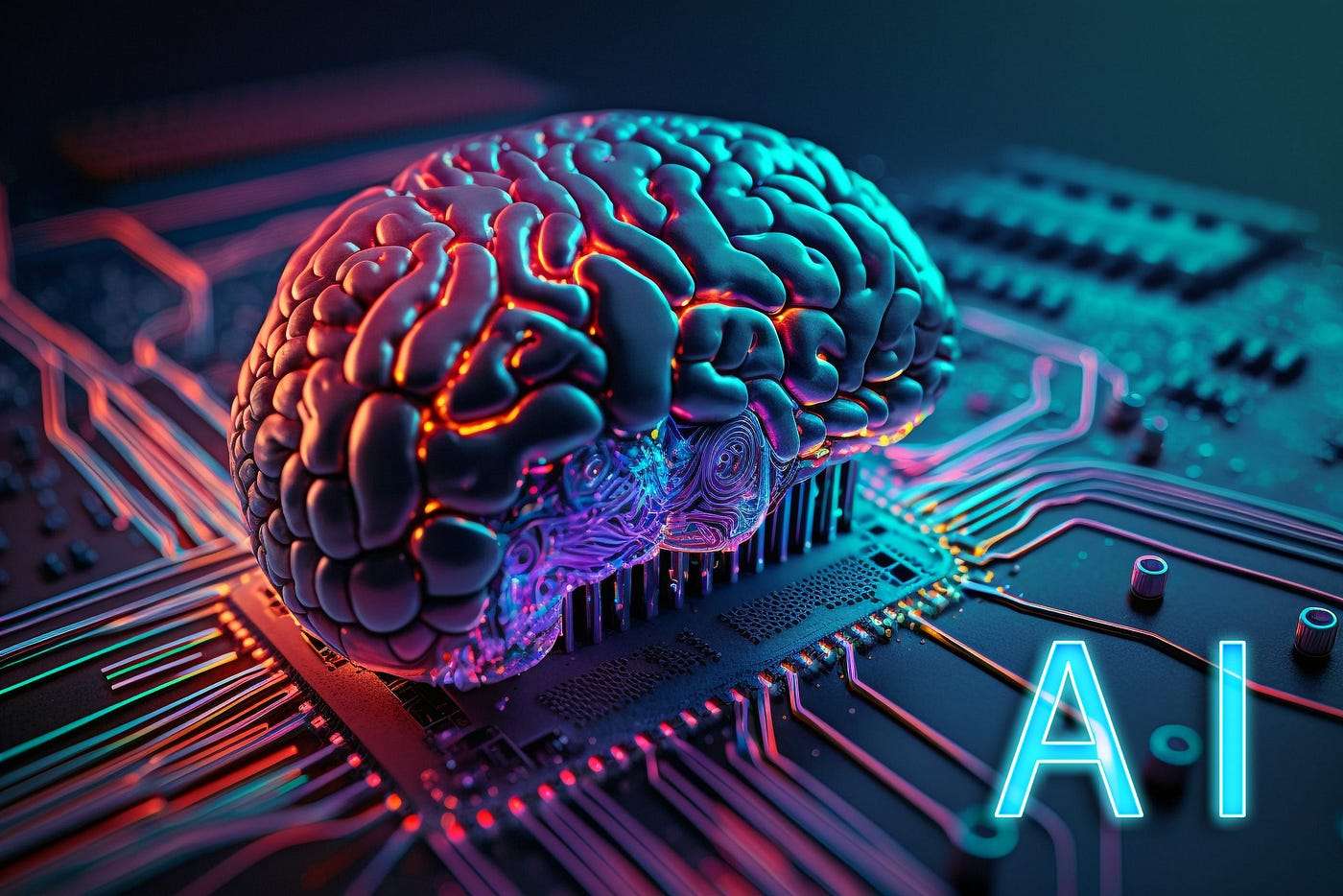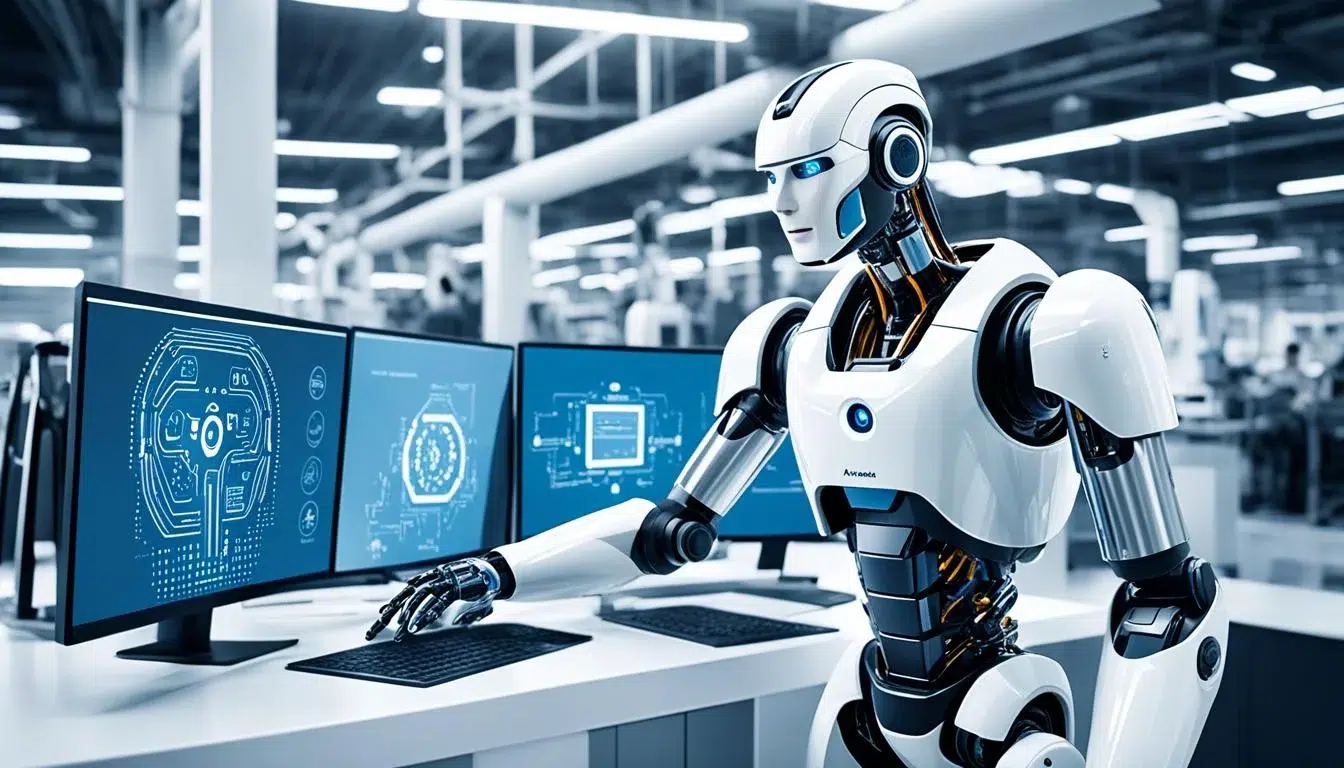The Future of AI: Transforming Industries and Daily Life
Artificial Intelligence (AI) is no longer a concept of the future; it’s a reality that is revolutionizing how we live and work. As AI technology advances, it is playing a pivotal role in transforming various industries and our daily routines. Let’s dive into how AI is shaping the future and what this means for different sectors and individuals.
AI in Healthcare: Enhancing Diagnosis and Treatment
AI is making significant strides in healthcare, offering more accurate diagnosis and personalized treatment plans. Machine learning algorithms can analyze vast amounts of medical data to identify patterns that human doctors might miss. For instance, AI can detect early signs of diseases like cancer from medical images, allowing for early intervention and better patient outcomes. Additionally, AI-powered robots are assisting in surgeries, ensuring precision and reducing recovery times.
AI in Finance: Revolutionizing Banking and Investment
The finance industry is leveraging AI to enhance customer experiences and streamline operations. AI-driven chatbots provide 24/7 customer service, answering queries and resolving issues in real time. In investment, AI algorithms analyze market trends and historical data to make informed decisions, potentially yielding higher returns. Fraud detection has also improved significantly, with AI systems identifying suspicious activities faster than traditional methods.
AI in Retail: Personalizing the Shopping Experience
Retailers are using AI to provide personalized shopping experiences, both online and in-store. AI analyzes customer behavior and preferences to offer tailored recommendations, improving customer satisfaction and boosting sales. In logistics, AI optimizes supply chain management by predicting demand and managing inventory more efficiently. This results in reduced costs and faster delivery times, enhancing the overall shopping experience.
AI in Education: Creating Adaptive Learning Environments
Education is becoming more personalized and efficient with AI. Adaptive learning platforms use AI to assess students’ strengths and weaknesses, tailoring educational content to meet their individual needs. This approach helps students learn at their own pace, ensuring better comprehension and retention of knowledge. AI also automates administrative tasks, allowing educators to focus more on teaching and interacting with students.
AI in Transportation: Paving the Way for Autonomous Vehicles
The transportation industry is on the brink of a major transformation with the advent of autonomous vehicles. AI systems enable these vehicles to navigate roads, interpret traffic signals, and make real-time decisions, potentially reducing accidents and traffic congestion. Public transportation is also benefiting from AI, with predictive maintenance ensuring that buses and trains run smoothly and on schedule.
AI in Daily Life: Smart Homes and Personal Assistants
AI is seamlessly integrating into our daily lives through smart home devices and personal assistants. AI-powered devices like smart thermostats, lights, and security systems learn our habits and preferences, optimizing energy use and enhancing security. Personal assistants like Amazon’s Alexa and Google Assistant help manage our schedules, control smart devices, and provide information, making our lives more convenient and efficient.
Ethical Considerations and the Future of AI
As AI continues to evolve, it is crucial to address ethical considerations. Issues such as data privacy, job displacement, and the potential for biased algorithms must be carefully managed. Governments and organizations need to establish clear guidelines and policies to ensure that AI development and deployment are fair, transparent, and beneficial for all.
Conclusion
The future of AI holds immense potential to transform industries and enhance our daily lives. From healthcare to finance, retail to education, and transportation to personal living, AI is driving innovation and efficiency. As we navigate this AI-driven world, it’s essential to embrace the opportunities it presents while addressing the challenges to create a balanced and inclusive future. The journey of AI is just beginning, and its impact will only continue to grow, shaping the world in ways we can only imagine



